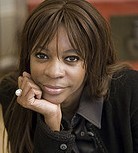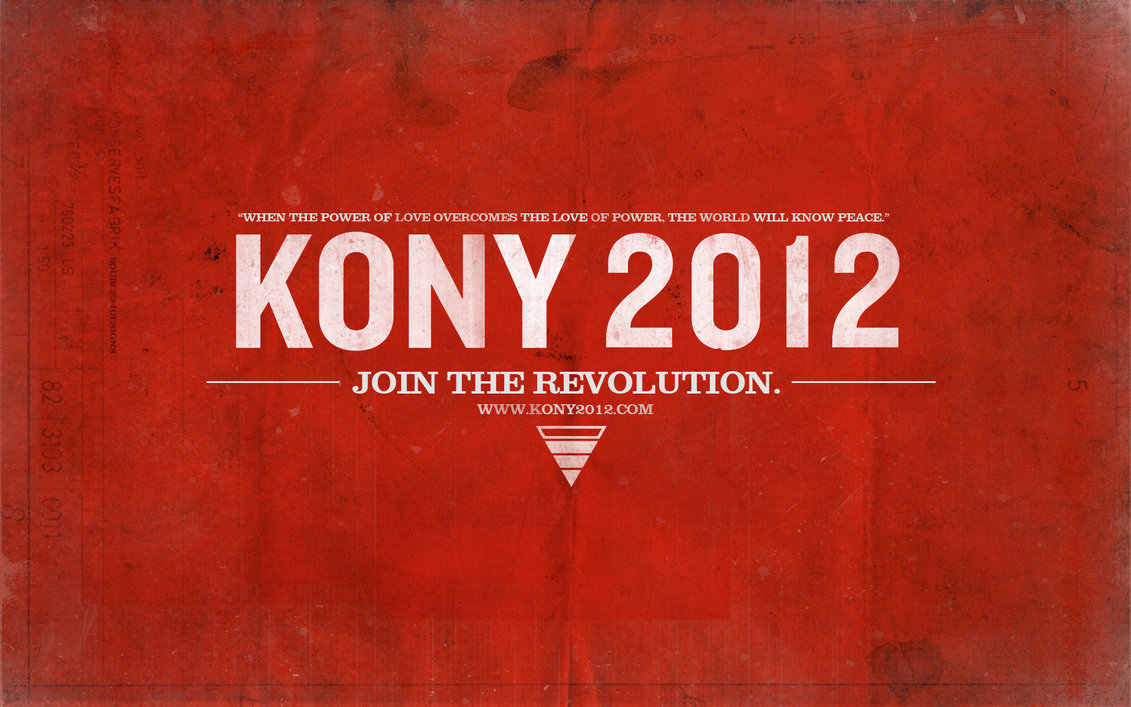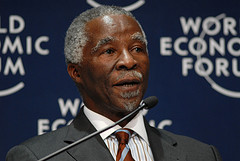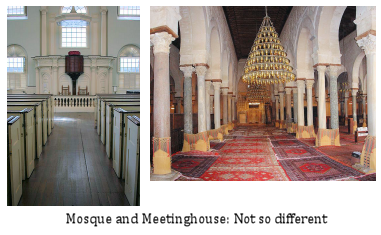
Dambisa Moyo’s Resource War Argument is Flawed
Bestselling author, financial economist (and Oxford alumnus) Dambisa Moyo argues in her new book that the rise of China is generating unanticipated consequences for the international system and that no one — bar the Chinese Communist Party — is actively thinking about how to handle the long term fallout of these seismic shifts. I debated some of these ideas with her on Radio 4’s Today Programme a couple of days ago. One of Moyo’s controversial arguments is that China’s ascendency doesn’t just put tremendous pressure on commodity markets, but is likely to represent such a big demand shock that supply of key resources simply can’t keep up. The consequence, for Moyo, is then that as countries — and the planet …
Political-Economic Roots of Haggling in Dakar
I was recently traveling in Dakar, Senegal. I was there visiting an American friend, I will call her A, who has been teaching English language at a local high school for three years. One evening we were hailing a taxi across town, accompanied by a friend of A who is also an American and a high school teacher in the city; I will call her B. My friend negotiated the price of the taxi prior to our taking a seat, as is the custom in Senegal. The taxi man insisted that the price was 2,500 CFA (500 CFA: $1US: £0.62BPS) and A insisted that we pay 2,000 CFA, the price that the Senegalese routinely pay to get across town. The …

Slackers and Saviours, Kony 2012
Much has been said of the viral Kony 2012 campaign, ‘a film and campaign by Invisible Children that aims to make Joseph Kony famous… to raise support for his arrest and set a precedent for international justice’. The last page of the Invisible Children Kony 2012 action booklet reads, ‘Joseph Kony is the worst living criminal…He remains at large because he is invisible to the world. Few know his name, even fewer know his crimes. This year we are making Joseph Kony famous, because when he is, the world will unite for justice and demand his arrest’. The Campaign The campaign kicked off with the release of a (painfully narcissistic) 30-minute film that grossly oversimplifies the conflict and the actors. …

KONY 2012: the latest source of armageddon fatigue
Social media has contributed to some of the largest political events of the last couple of years. It aided the Arab Spring, has been a constant thorn in the side of the Chinese authorities, has given Vladimir Putin and Mahmoud Ahmadinejad slight cause for concern, and it helped to organise the less-constructive London riots. The latest social media innovation is KONY 2012 by the advocacy group “Invisible Children.” The campaign, which went viral this week, is aimed at stopping Joseph Kony, the Ugandan-born leader of the Lord’s Resistance Army. The immediate relevance of this campaign has nothing to do with the issue itself, but with the response that it has received. My own knee-jerk reaction when I noticed that a …

Fighting words: African leaders should be careful to call Western intervention ‘re-colonisation’
The institutions of the United Nations are slaves to the objectives of Western powers, and these powers are determined to make Africa an appendage to the West. Or so Thabo Mbeki claims. Mbeki, the former president of South Africa and the founding chairperson of the African Union, made these comments in a recent speech deploring what he termed the ‘re-colonisation’ of Africa. Mbeki went on to suggest that recent armed interventions in Africa were representative of the West’s willingness to exploit the universal principles of democracy, human rights and good governance to further their material interests. Re-colonisation is an idea that by now suffers from severe intellectual fatigue. The harshness of Mbeki’s terms of reference is reminiscent of the ramblings …
US Military Finances Research on Rape in DR Congo
Margot Wallstrom, the United Nation’s special representative on sexual violence in conflict, referred to the Democratic Republic of Congo (DRC) as ‘the rape capital of the world’. If my Google search was any indication (registering a disturbing 4,640,000 hits for the term), the sensationalist phrase stuck among members of the civil society and aid agencies in the Global North. The eastern DRC has alternately been described as ‘the worst place in the world for women’ by The Guardian and ‘hell’ by American feminist playwright Eve Ensler. US Secretary of State Hillary Rodham Clinton called rape in the DRC ‘evil in its bases form’ during a visit to the region in 2009. There is something to be said about the damaging …

Many Trails to Freedom: Islamic Democracy is not an Oxymoron
“I disapprove of what you say, but I will defend to the death your right to say it.” – Voltaire. Over Christmas I visited Boston and had the occasion to walk the famous freedom trail: 3 miles of sights commemorating American independence. As I walked this hallowed ground I pondered on those fighting for freedom today, in the streets of Cairo, Homs and Tunis. Having met some of these people, I wondered at the suspicion we direct at the Islamic parties now gaining power, as if we forgot our own history. American democracy was born of Puritan principles of self-government, but that did not prevent it from evolving into the (more or less) secular body it is today. Ignoring this …
Resource control: Right or Privilege?
‘Resource control is a right. It is not a privilege’ -A member of a peaceful youth rally in the Niger Delta, from the film Sweet Crude. In the first couple of minutes of the opening of the film, Sweet Crude, director, Sandy Cioffi, discloses, ‘this is not the movie I intended to make’. She had travelled to the Niger Delta to film the building the Niger Delta Friendship Library, which was to serve as a ‘symbol of peace’ in the region. While traveling, visiting and listening to local voices, the true value of this library as an empty symbol was revealed. Sandy says, the ‘reality of their lives are far more complex than a community library. Knowing them would change …









